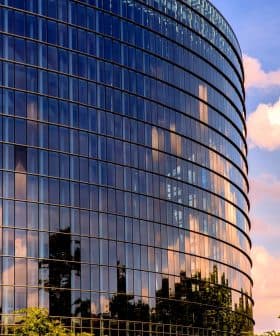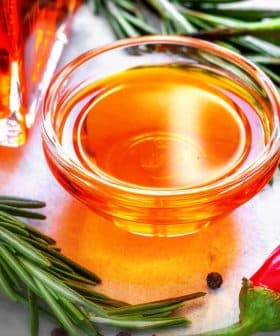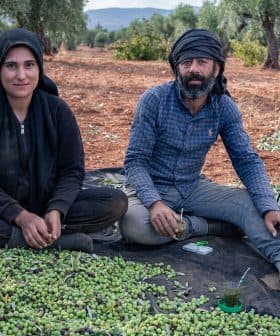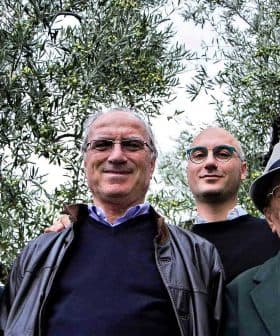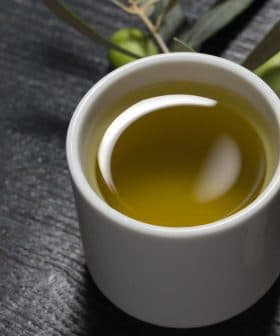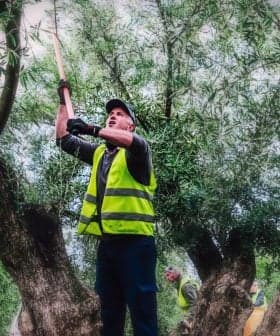Cultivating Hope in Palestine
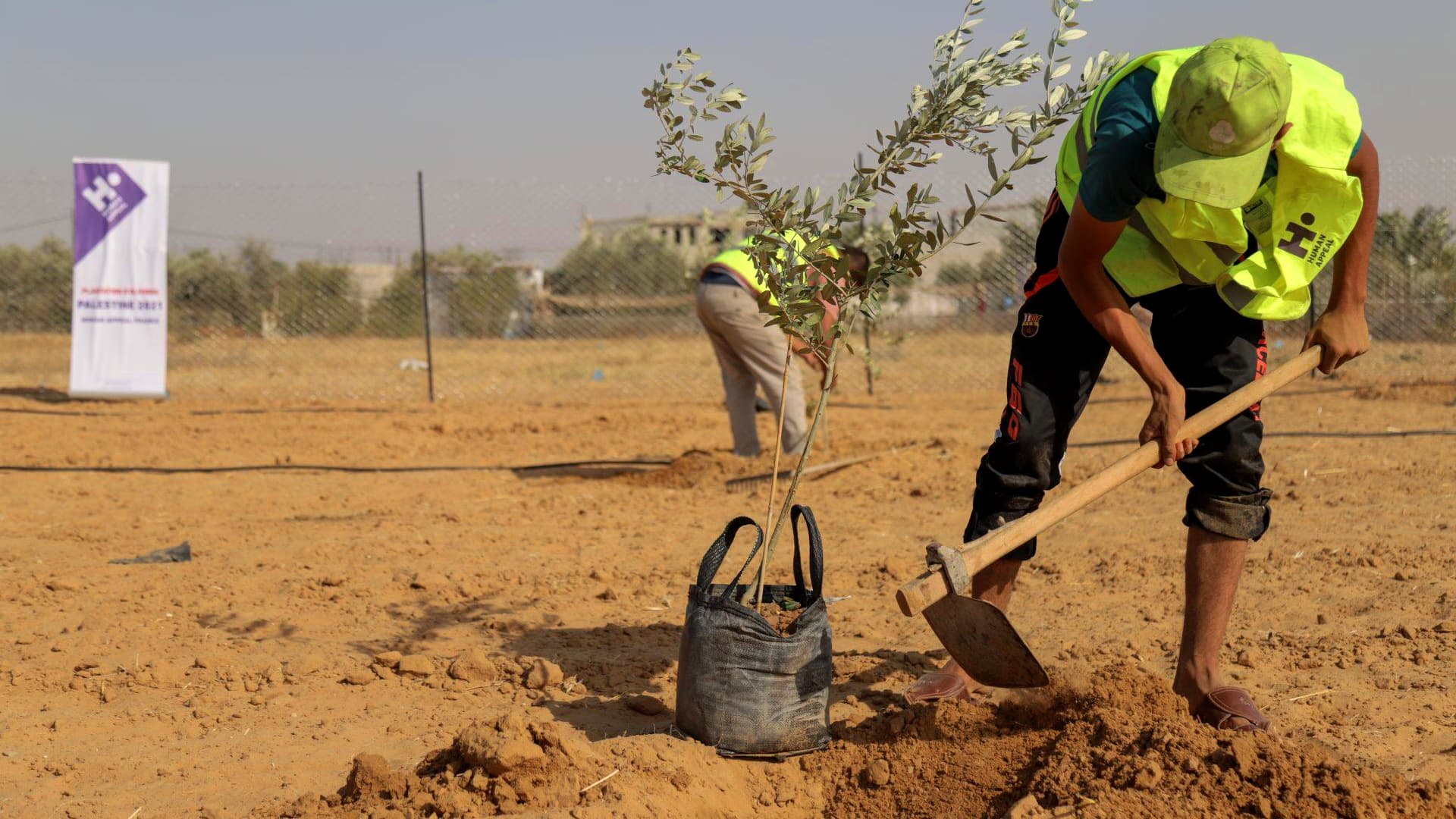
Human Appeal is working to bring hope to conflict-affected communities in the West Bank and Gaza by planting tens of thousands of olive trees, aiming to improve the economic outlook of Palestinians. Despite ongoing violence, the organization’s olive tree planting program contributes to environmental restoration, economic stability, and cultural preservation, offering a glimmer of hope for rebuilding both land and lives in war-affected areas.
Amid the deadliest year of conflict between Israelis and Palestinians since the end of the Second Intifada in 2005, the non-governmental organization Human Appeal is working to bring hope to conflict-engulfed communities in the West Bank and Gaza through an olive tree planting program.
According to Tor Wennesland, the United Nations special coordinator for the Middle East peace process, more than 200 Palestinians and 30 Israelis have been killed in ongoing clashes across the region.
The farming project provides each farmer with 30 to 40 prime olive trees so they can establish a vibrant, sustainable crop that yields not just food but income for generations.
“This violence is fuelled and exacerbated by a growing sense of despair about the future,” Wennesland told the U.N. Security Council.
Owais Khan, Human Appeal’s deputy chief executive, told Olive Oil Times that his organization is working to improve the economic outlook of Palestinians by planting olive trees, a historic symbol of peace and a driver of the region’s economy.
See Also:2,300-Year-Old Olive Oil Lamp Unearthed in the West Bank“Human Appeal is supporting the planting of tens of thousands of olive trees in Palestinian farmlands in the West Bank and Gaza, in spite of recent disruption to the region’s olive tree farm industry,” he said. “The olive tree holds a special significance for Palestinian farmers as it is both a means of livelihood and historic source of pride and a symbol of regrowth.”
Khan added that the 31-year-old non-profit works in 26 countries to provide disaster relief and establish self-sustaining development programs.
“Our work is always guided by five ethical, participatory and sustainable principles: gender parity, environmental protection, inclusion, protection and value-for-money,” he said.
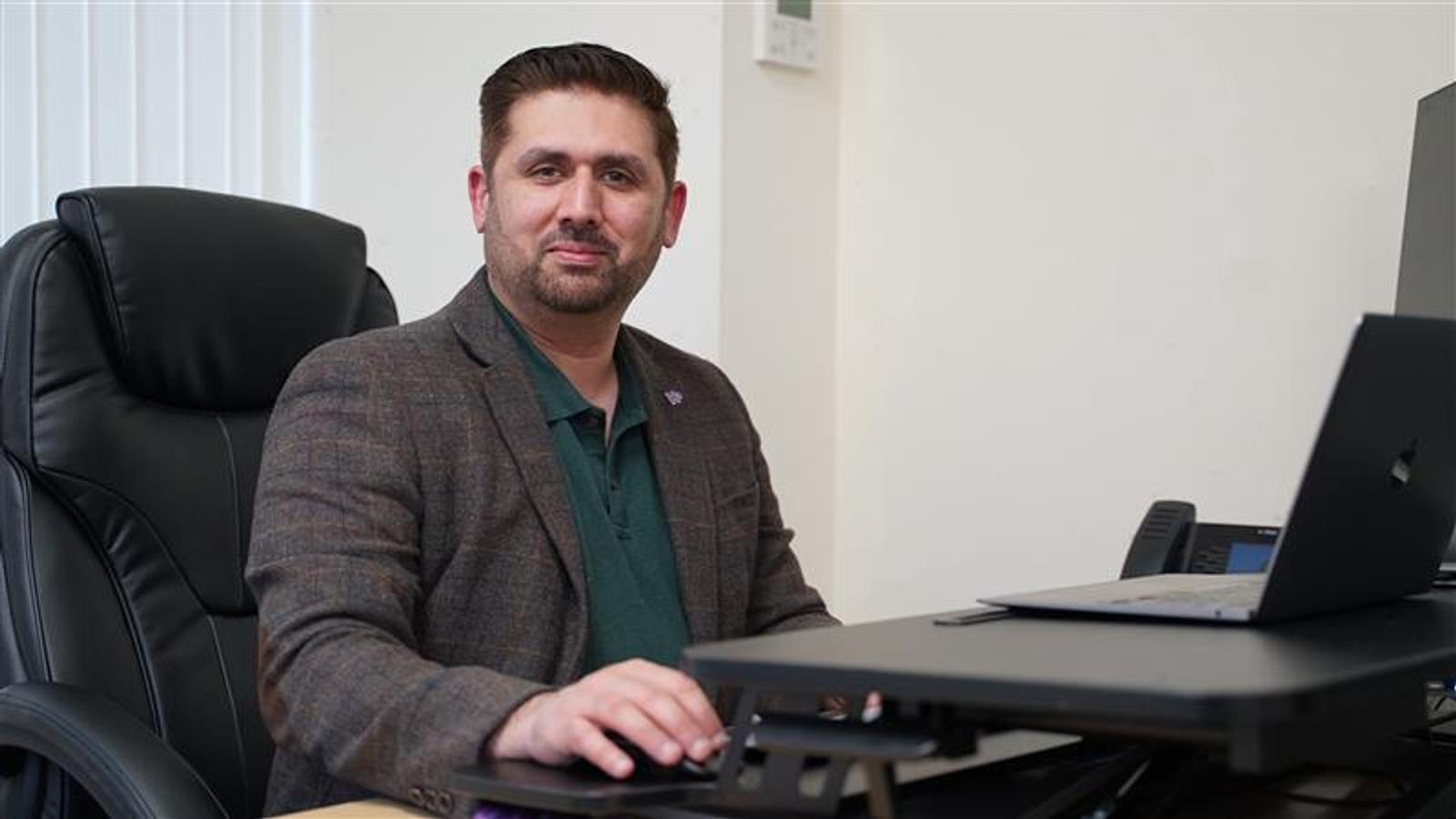
Owais Khan is Human Appeal’s deputy chief executive.
Despite the conflict, the International Olive Council estimates that Palestine, including the West Bank and Gaza, produced 23,000 tons of olive oil in the 2022/23 crop year, slightly exceeding the five-year average.
According to the Observatory of Economic Complexity, virgin and extra virgin olive oil made up 2.54 percent of Palestine’s total exports in 2021, the last year a complete data set is available, earning $36.9 million (€31.2 million). Refined olive oil exports that same year were valued at $6.65 million (€5.62 million).
Most of these exports were destined for the United Arab Emirates, Saudi Arabia, Kuwait and the United States.
Khan said Human Appeal has been working in Gaza and the West Bank since 1991 to plant 100,000 olive trees.
“The farming project provides each farmer with 30 to 40 prime olive trees so they can establish a vibrant, sustainable crop that yields not just food but income for generations,” he said.
Khan added that Human Appeal works with local experts and farmers to ensure olive trees are planted sustainably and can become self-sufficient, allowing farmers and the community to maintain and harvest them without further intervention from the NGO.
“One of these projects [in the West Bank] in total assisted in the cultivation of 200 dunums (20 hectares) of land with an average of 15 to 16 seedlings per dunum (0.1 hectares) across 20 localities in the West Bank, directly supporting the incomes of nearly 200 farmers and 1,200 individual beneficiaries,” he said. “Once harvested, the initial plantation is expected to yield approximately 4,000 kilograms of olive oil.”

According to Khan, one olive tree planting project will support up to 200 families with food and income.
Echoing the sentiments of Wennesland, that extremism on both sides of the conflict is fueled by a sense of despair, Khan and Human Appeal believe the olive trees offer a glimmer of hope and hold the key to rebuilding both land and lives.
Khan added that these projects contribute to environmental restoration and foster economic stability, cultural preservation and emotional healing for communities in war-affected areas.
“The olive tree project assists the Palestinian National Olive strategy in achieving its goal to plant an additional 50,000 olive trees in Palestine over five years,” he said. “With olive seedlings bearing fruit after one year of plantation, the project will have a positive impact on the target beneficiaries’ livelihoods for many years to come.”
“The olive oil industry makes up 25 percent of the agricultural income for Palestinians and supports the livelihoods of approximately 100,000 families,” he added. “The value-added of the associated olive oil industry reaches an average of $5.4 million (€5.0 million) per year, according to data from the Palestinian Olive Council,” Khan added.
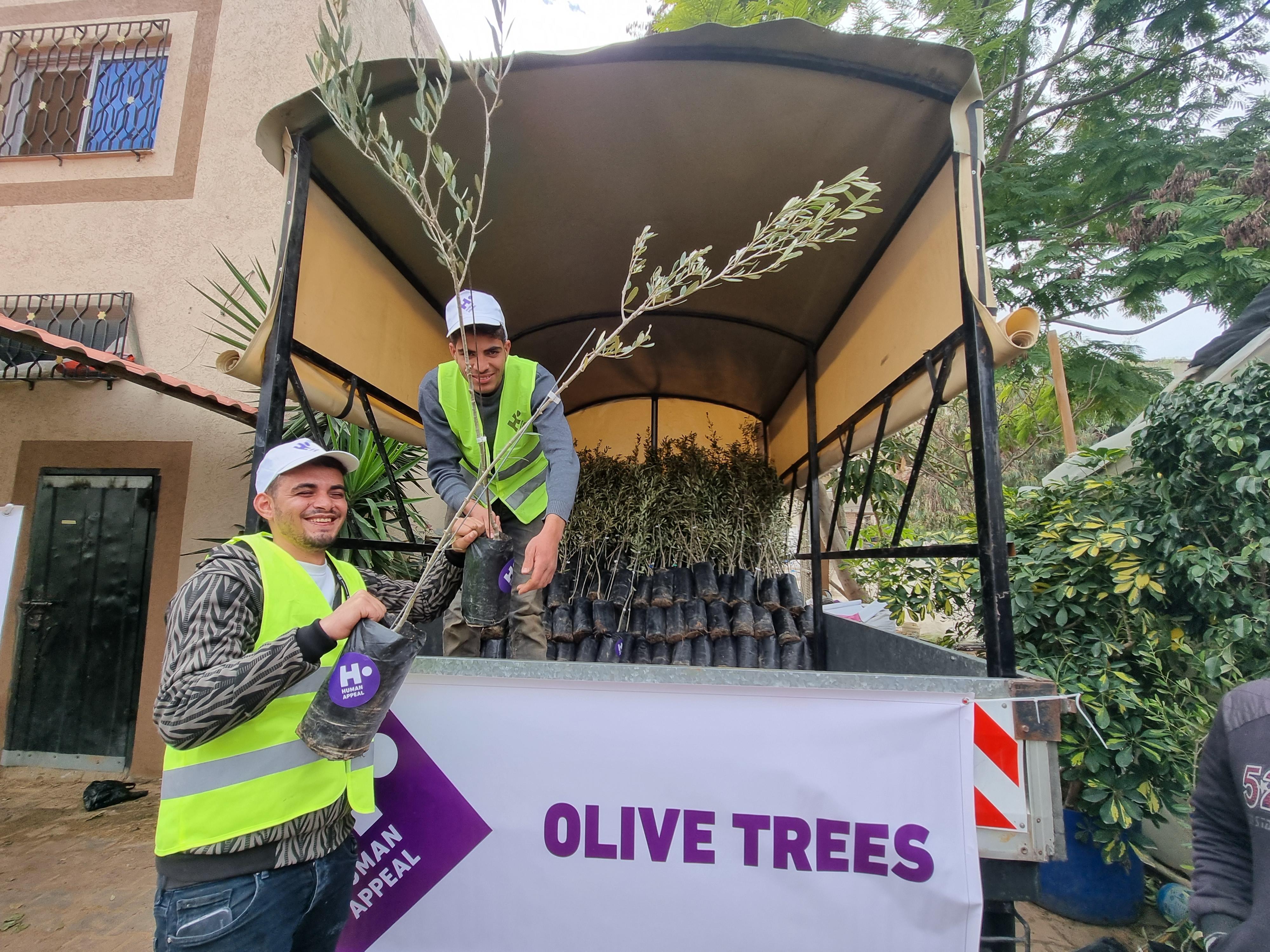
Human Appeal plans to plant 50,000 olive trees in the West Bank and Gaza over the next five years.
Projects of this nature often pose significant challenges, demanding a concerted effort and resourcefulness to overcome obstacles and achieve their objectives.
While a significant challenge comes in the form of Israeli settlers destroying Palestinian olive groves, Khan cited climate change as a more consequential challenge facing olive farmers across the region.
“Aside from the destruction local conflict causes to disrupt humanitarian project work on the ground, we have also faced a challenge with deteriorated water supply in the West Bank and Gaza that is needed for the irrigation of farmlands,” he said. “Working with local experts and our own water-related initiatives, we have managed to find solutions to ensure olive plantations get the water needed and are sustainable.”
The olive tree has long been a symbol of peace, from the Biblical tale of Noah’s Arc and Virgil’s Aeneid to the uniform of United Nations peacekeepers.
Khan thoroughly believes the olive tree can be a tool of peace and said Human Appeal plans to continue its operations in northwestern Syria, where a devastating earthquake killed tens of thousands of people and destroyed local groves and olive mills in February.
“We are expanding our olive tree plantation initiative to northwest Syria to assist the livelihoods of the local population there,” he concluded. “Our olive trees are three years old and delivered along with other trees, allowing farmers to have a viable means of living.”


